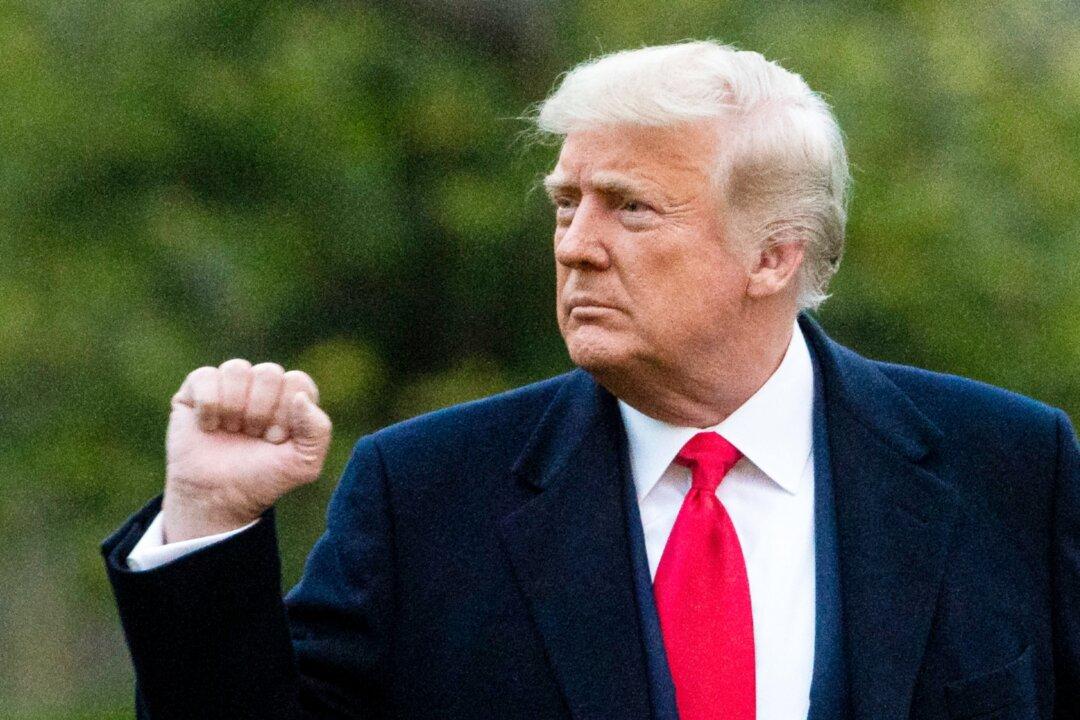The Trump campaign announced Dec. 29 that it was asking the Supreme Court to set aside Wisconsin’s presidential election, and to allow the Republican-controlled legislature to choose how to cast its 10 electoral votes.
The campaign asks in its filing (pdf) that the Supreme Court declare the state election “failed.” It also asks justices to allow the Wisconsin Legislature to appoint presidential electors to replace those pledged to Democratic presidential nominee Joe Biden.





